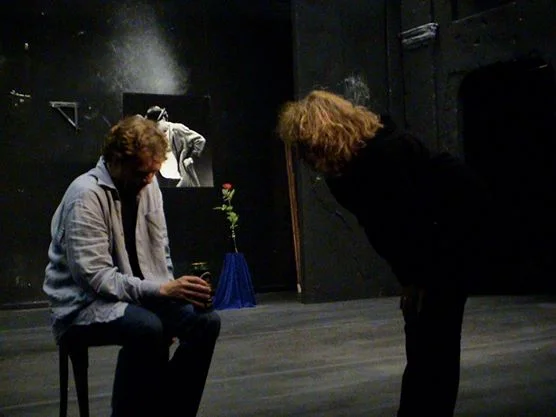Magnificent… cathartic… mysterious
“Magnificent. A blow to the stomach. For those who hate actors who overplay in a false reverie of affected emotions, these five young jailbirds will conjure up an emotion that is archaic, cathartic, mysterious. With life that turns into fiction and pulverizes concrete. With the words of Beckett that seep into the bones and well up like tears.
Marie Muller, TéléObs, February 27, 2006
Ambitious
“This is not your garden-variety documentary, and that’s a good thing… an ambitious feature-length film on the absurdities of prison life starting from a story ripped from the headlines that has the allure of a crime novel.”
Charles-Stéphane Roy, Ici, November 10-16, 2005
Passionate and unforgettable
"With a good story that transcends anecdote to reflect on the role of art, freedom, redemption and destiny, Michka Saäl delivers a passionate and unforgettable film."
Odile Tremblay, Le Devoir, November 13, 2005
Complex, but fluid
“The construction of Michka Saäl’s film is complex, but always fluid, thanks in large part to editing that manages both to translate the poetic force of the words and create suspense. Like a puzzle, as Saäl says, the film develops with help from small details that slowly build to create a whole.”
Carlo Mandolini, Voir, July 10-16, 2005
Incomprehensible (!)
“Although it has magnetism, this documentary remains a bit of a dog’s breakfast, mixing up eras, and what’s true and false… In short, the film is incomprehensible.”
Vincent Ostria, Les Inrockuptibles, February 27, 2006








